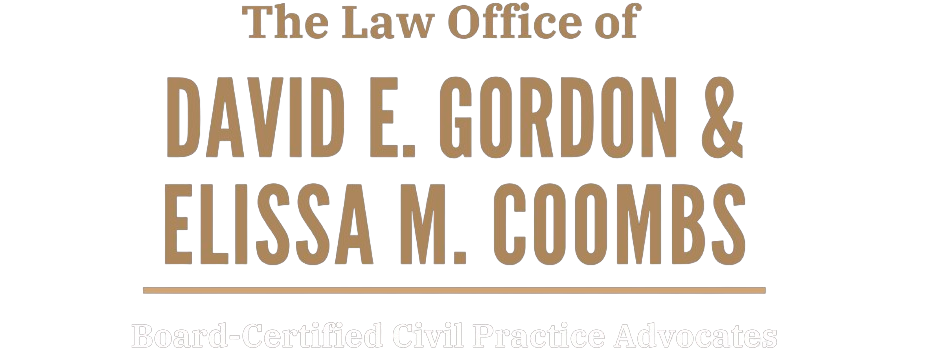A dangerous consumer product can take many forms, from children’s toys to automobiles and even medicinal devices and substances. Even if a recall has already been issued, it could be possible for someone injured by a product to hold the manufacturer liable for the harm their negligence caused.
However, successfully pursuing a product liability case can be complicated and could require legal knowledge and expertise, usually in the form of a qualified personal injury attorney. If you think you may have grounds for a claim, it could be beneficial to get in touch with Memphis defective products lawyer David E. Gordon sooner rather than later to start exploring your legal options. En Español
Categories of Defective Product Liability in Memphis
Tennessee Code §§29-28-101 through 29-28-108 outline the Tennessee Products Liability Act. First passed into law in 1978, this section of the state legal code requires product manufacturers—and in some cases, sellers—to be held civilly liable for harm caused to consumers by a defect in one of their products. A valid consumer goods liability case must be based on one of three categories of product defects:
Design Defect
The most straightforward type is a design defect, which refers to a product’s core design being fundamentally flawed in a way that makes it unreasonably dangerous even when used as intended.
Manufacturing Defect
Similarly, a manufacturing defect also makes a product unreasonably dangerous, but in this case, the hazard stems from a flaw in a limited production batch that occurred while an otherwise safe product was being assembled.
Marketing Defect
A marketing defect could entail a failure by a manufacturer to include appropriate warnings or instructions for proper use with an otherwise non-defective product. Or, if a product makes false promises in the advertisement, this could be seen as a marketing defect as well.
If a Memphis defective products attorney can prove that any of these defects directly resulted in an injury, a plaintiff could hold the product’s manufacturer strictly liable for the damage. The plaintiff does not have to show that the manufacturer specifically acted recklessly or carelessly, just that the product caused them harm even though they did not use the product inappropriately or tamper with it beforehand.
The “Sealed Container” Rule in Recalled Retail Cases
Under federal law, retailers in the state of Tennessee are obligated to remove from their available stock a product recalled by its manufacturer for any reason. Unless they fail to fulfill this requirement, a seller typically cannot be held liable for injuries suffered due to a defective product.
This is primarily due to the “sealed container” rule Tennessee courts adhere to, which affirms that a seller cannot bear liability for a defective product if they had no “reasonable opportunity to inspect the product” and sold the product in the same sealed container in which it originally arrived. However, if the retailer selling a defective product is also its manufacturer, this rule may not apply, and they could still bear liability in an ensuing civil case.
Additionally, if a product is unsealed at any time between the manufacturer and consumer—for example, a grocery store selling vegetables acquired in bulk by the pound—the sealed container exception to seller liability may not apply. A seasoned defective product liability attorney in Memphis could go into further detail about how this law and other legal precedents may impact a particular case.
Speak with a Memphis Defective Products Attorney Today
Product liability cases fall within a somewhat unique category of personal injury litigation. They are usually based on strict liability rather than traditional negligence, and the specific criteria for holding responsible companies liable differ significantly as a result.
Given how complicated these cases can become, it is a good idea to seek legal counsel from somebody who has handled these types of claims before, such as attorney David E. Gordon. Call today to speak with an experienced Memphis defective products lawyer about what could be possible in your situation.







